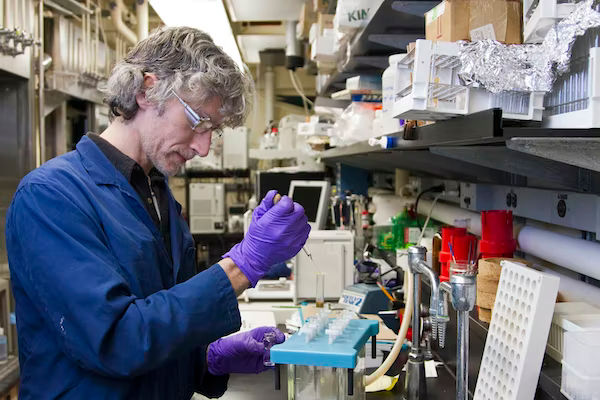Arun Bali, who was known for playing Shamaldas Chanchad in “3 Idiots”, died on Friday morning at his residence in Mumbai. He was 79.
His son, Ankush, said that his father was suffering from Myasthenia gravis – an autoimmune disease caused by a communication failure between nerves and muscles. Bollywood megastar Amitabh Bachchan is also suffering from the same disease.
Also Read| Who are Ankush, Itishri, Pragati and Stuti, 3 Idiots actor Arun Bali’s children?
Ankush said his father was responding well to the treatment but passed away at around 4.30 am.
“My father left us. He was suffering from Myasthenia gravis. He had mood swings for two-three days. He told the caretaker he wanted to go to the washroom and after coming out he told him he wanted to sit down and he never got up then,” he told PTI.
Arun Bali was born on December 23, 1942, in Jalandhar, Punjab. His wife’s name is Prakash Bali. They have three daughters, Pragati Bali Jairath, Stuti Bali Sachdeva, and Itishri Bali and a son, Ankush Bali. The actor was last seen in Aamir Khan and Kareena Kapoor’s Laal Singh Chaddha.
Also Read| Arun Bali age, net worth, wife Prakash Bali, children and movies
What is Myasthenia gravis?
Myasthenia gravis is an incurable neuromuscular disease. It causes weakness in the skeletal muscles, which are responsible for breathing and moving parts of the body.
Myasthenia gravis originates from Latin and Greek. It means grave, or serious, muscle weakness. Altough there is no known cure, with current therapies, most cases of myasthenia gravis are not as ‘grave’.
Most individuals with the condition have a normal life expectancy.
People with myasthenia gravis may experience the following symptoms (as per ninds.nih.gov):
- weakness of the eye muscles (called ocular myasthenia)
- drooping of one or both eyelids (ptosis)
- blurred or double vision (diplopia)
- a change in facial expression
- difficulty swallowing
- shortness of breath
- impaired speech (dysarthria)
- weakness in the arms, hands, fingers, legs, and neck.
Myasthenia gravis is caused by an error in the transmission of nerve impulses to muscles. Antibodies (immune proteins generated by the body’s immune system) block, modify, or kill acetylcholine receptors at the neuromuscular junction in myasthenia gravis, preventing the muscle from contracting. Antibodies to the acetylcholine receptor are the most common cause of this, although antibodies to other proteins, such as MuSK (Muscle-Specific Kinase), can also disrupt transmission at the neuromuscular junction.







